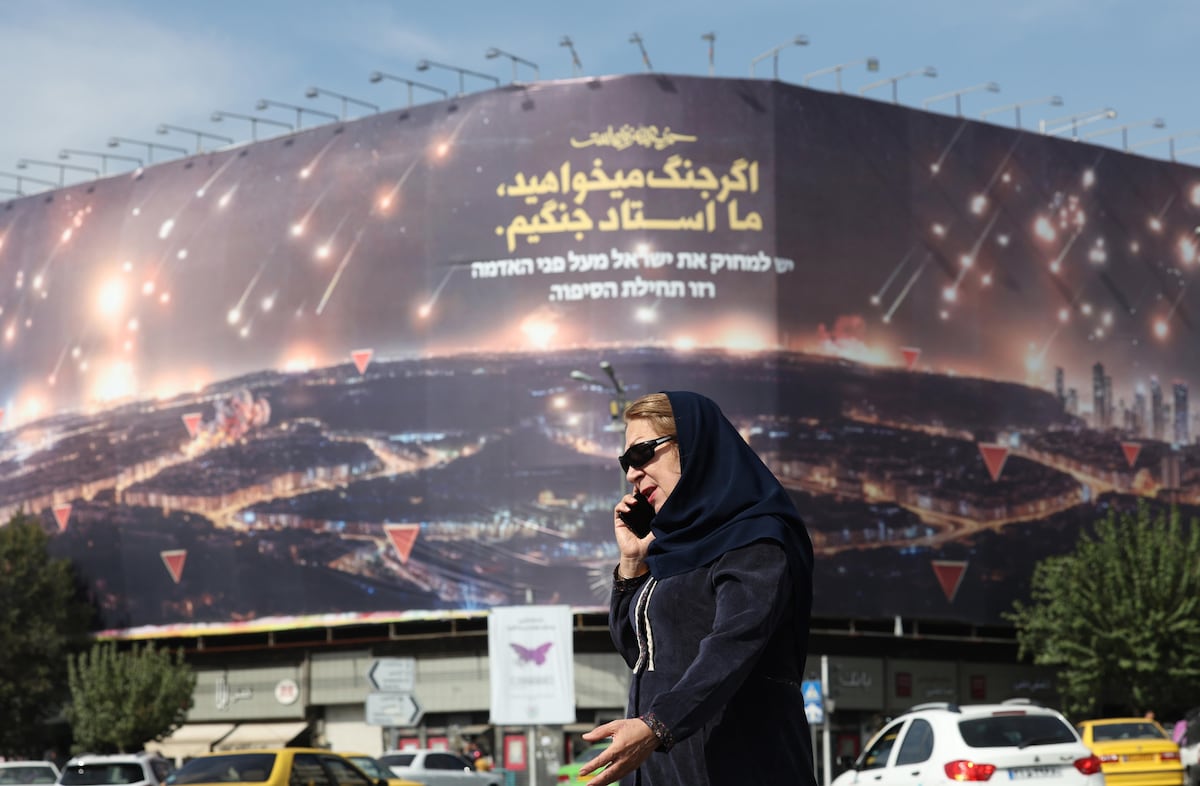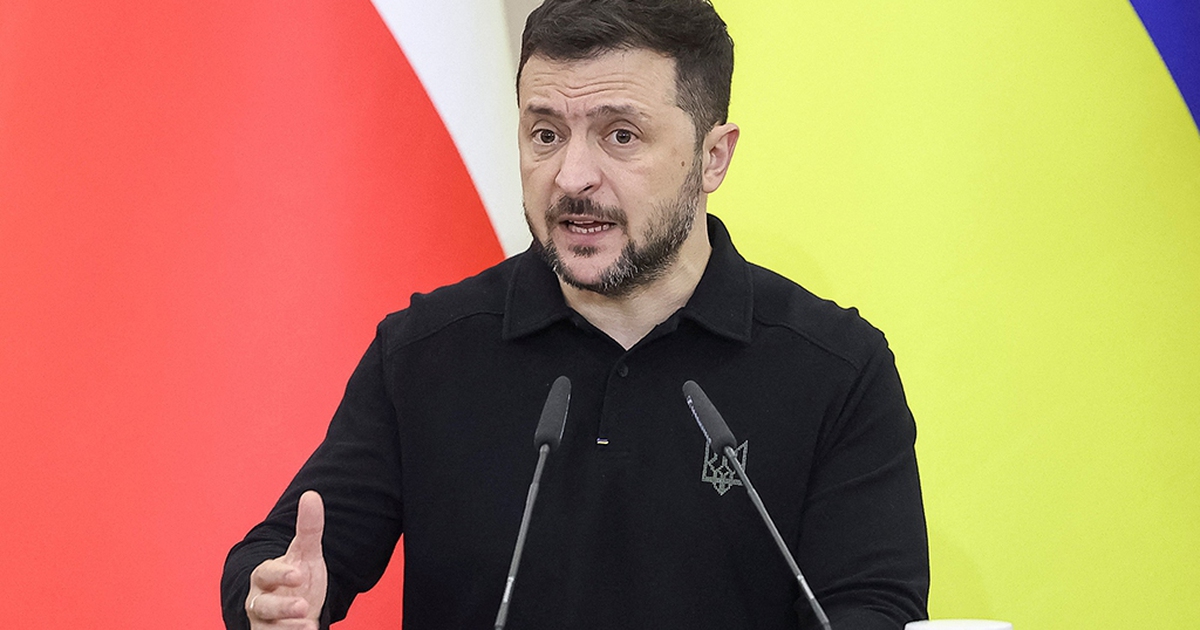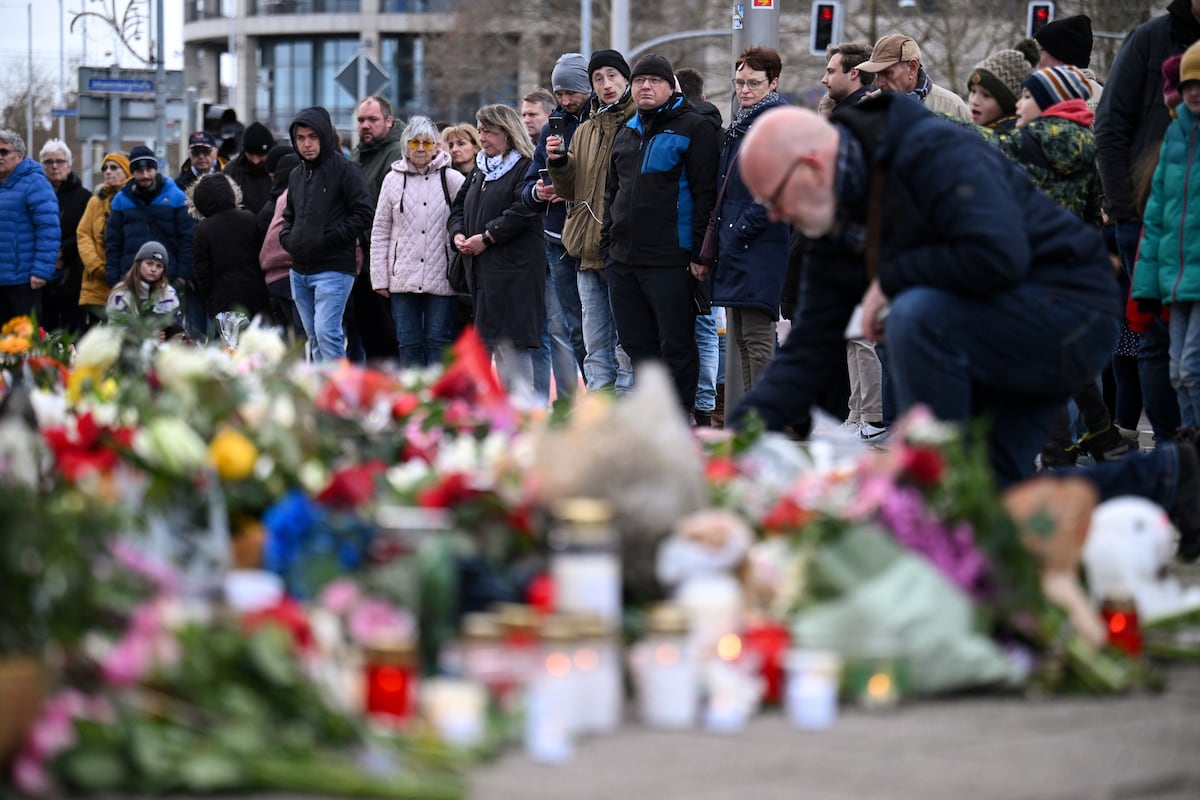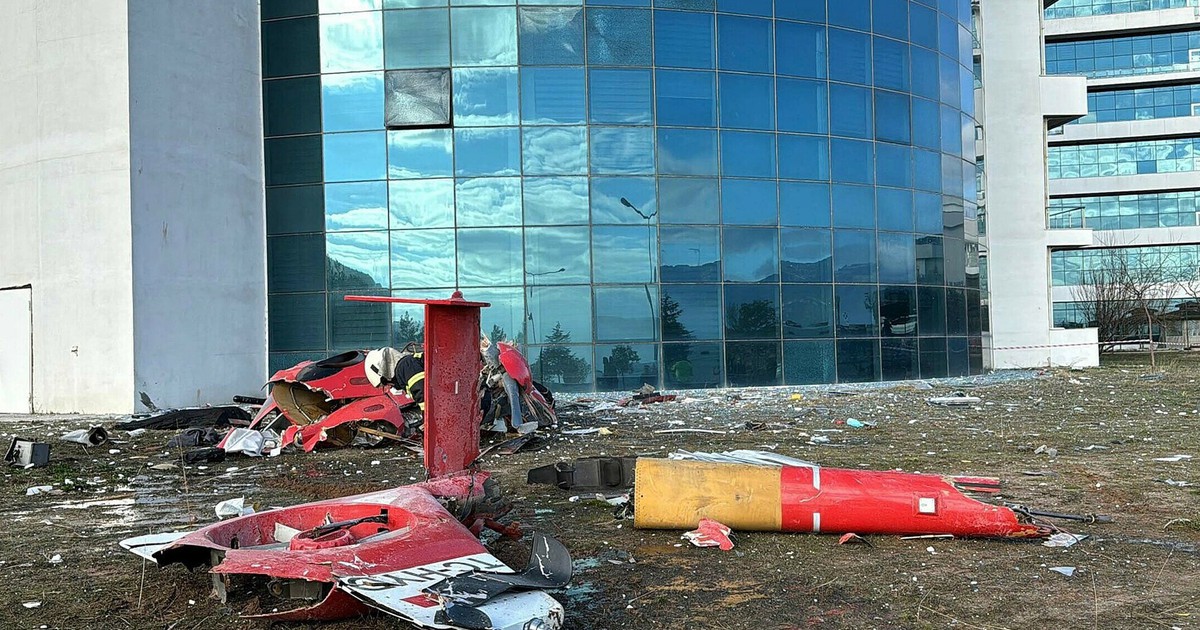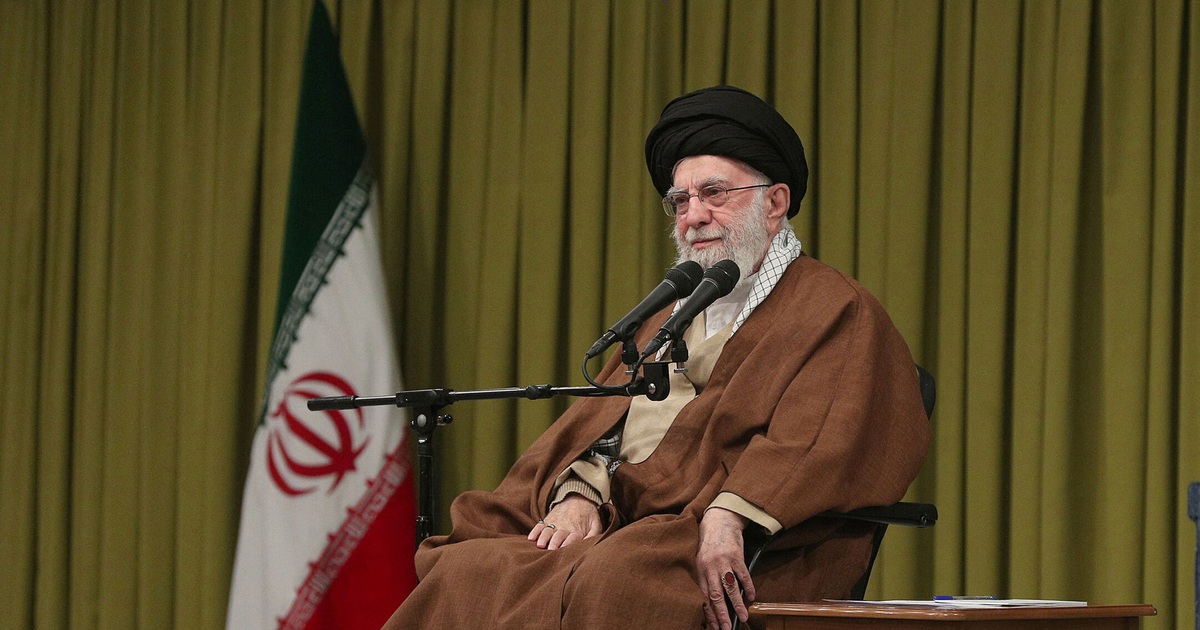In a famous quote from his major essay, the great Prussian war theorist Carl von Clausewitz described it as “a duel on a larger scale” and a “continuation of policy by other means” to “force the enemy to comply with what one wants.” It was the 19th century, when war conflicts were very different – only on land and between armies – but even then he warned politicians and generals that “the most decisive judicious act” was to “recognize what type of war they were entering into, without making a mistake, nor try to turn it into something different.” The bombings launched at dawn this Saturday by Israel against 20 military targets in Iran have left Von Clausewitz’s dilemma unanswered and a sensation in the air – which worries Arab countries above all, as shown by the early reaction of Saudi Arabia. ― that an open conflict has been avoided, but the wound continues to bleed.
The attacks have been, on the one hand, historic: the first recognized by another State on Iranian territory since the war it fought with Saddam Hussein’s Iraq in the eighties, and notably more powerful than those in April, in the first roundbetween both countries. On the other hand, they have left out nuclear and oil facilities, as the White House wanted, and are betting on ending the matter.
At least, until next time. The first crisis, in April, also ended falsely, with Iran taking advantage of Israel’s restraint in its retaliation to justify its lack of response. But in July, Israel killed its guest at the presidential inauguration, Hamas leader Ismail Haniya, in Tehran; and, in Beirut, the leader of his ally Hezbollah, Hasan Nasrallah. Then came a new (and greater) retaliation, to which Israel has now responded. The main problem is that, every time the sides raise the stakes to end up in a false draw; The more the specter grows that they will turn into an open war what they have maintained for decades in an intermediary manner (Lebanon, Syria, Gaza…) and also in the shadows, with assassinations of Iranian nuclear scientists, cyber attacks, bombings of weapons shipments or sabotage of ships.
Hamidreza Azizi, a researcher at the German Institute for International and Security Affairs, based in Berlin, sees “a clear message from Israel about Iran’s vulnerabilities,” by “rather easily attacking the country’s radars and defense facilities,” despite “weeks of preparation and information that Israel had telegraphed its intentions.” A warning of what could happen if, as Israeli military spokesman Daniel Hagari said, Tehran now makes “the mistake” of responding.
One of the risks is that Israel acts with Iran as it did with Hezbollah since October 8, 2023, when the Lebanese militia launched its first projectile against Israeli targets and began a low-intensity war in which both sides crossed lines. red and testing their respective capabilities and anti-aircraft defenses. Until last month, when Israel detonated thousands of beepers and walkie talkies commissioned by Hezbollah and then killed more than 550 people in a single day, starting a war for which it had been preparing since the previous one, in 2006.
In an analysis on Israeli television channel 12, military experts Amos Yadlin and Udi Evental highlight that their army demonstrated on Saturday an “operational capacity reserved only for superpowers,” with the ability to fly over other countries transporting large quantities of offensive weapons. and defensive, carrying out aerial refueling and overcoming anti-aircraft defenses until bombing targets more than 1,400 kilometers away. All this without suffering casualties. “However,” they add, “it must be remembered that the political establishment has not yet translated military achievements into agreements that improve Israel’s strategic situation and, in any case, they should not be too impressed, especially when it comes to Iran, a large country, with impressive missile capabilities, strategic patience and willingness to make sacrifices.”
The military exchange between the two countries is like a rally before a tennis match: no one wants to hit the ball too hard, but neither does anyone want to appear to be a weak opponent. The balance is complicated, as reflected this Saturday in the statement from Tehran, in which – as usually happens in the diplomatic universe – the most important thing is in the second part of the sentence. After underlining its “right and obligation” to respond to the Israeli attack and insisting that it will use all its “material and spiritual capabilities to protect its fundamental security interests”; The Ministry of Foreign Affairs has expressed itself “aware of its responsibilities with regional peace and security.”
It is this concern (and a general feeling that the limited Israeli response allows us to breathe for the moment, but not relax, and that the bloody invasions of Gaza, and now Lebanon, make progress towards detente impossible) that has exceptionally mobilized to the Arab world. The statements reflect both their concern and their rebalancing of alliances, which the intensity of the war has left in the background.
Saudi Arabia, which was very close to recognizing Israel when the Hamas attack on October 7, 2023, set the region ablaze and halted rapprochement, was the first Arab country to criticize it. Riyadh, which had already been de-Westernizing its foreign policy and getting closer to Iran, has resorted to unusually harsh language to express its “condemnation and denunciation” of the bombings and its “firm rejection” of a regional escalation. In what years ago would have seemed like science fiction, Riyadh and Tehran participated together this week in military maneuvers in the Sea of Oman.
Also the United Arab Emirates, one of the countries with diplomatic relations with Israel that has stood out the most in the face of the bleeding of its “Palestinian brothers” in Gaza. Such is its commitment to ties with the Jewish State that it surprised everyone and everyone in 2022, when its ambassador shook the hand of Itamar Ben Gvir, the ultra minister with whom few want to pose (the EU canceled Europe Day in 2023 in Tel Aviv so that he would not speak). This Saturday, aware of the regional implications of an all-out war between Israel and Iran when there are US troops deployed in the Gulf, he “strongly condemned the attacks” and expressed his “deep concern about the continued escalation and its impact on security and regional stability”. Its diplomacy has asked to exercise “maximum restraint and judgment to avoid the risk of an extension of the conflict.”
Or Egypt, whose main concern during the current crisis has been not to encounter hundreds of thousands of Palestinian refugees in the Sinai who could destabilize its territory, as happened in Jordan and Lebanon half a century ago. Cairo has expressed its “serious concern about the accelerated escalation in the Middle East” and insisted that “the only way to de-escalate” is to “quickly reach” a ceasefire agreement in Gaza, which is mediated by Qatar. and from the United States.

